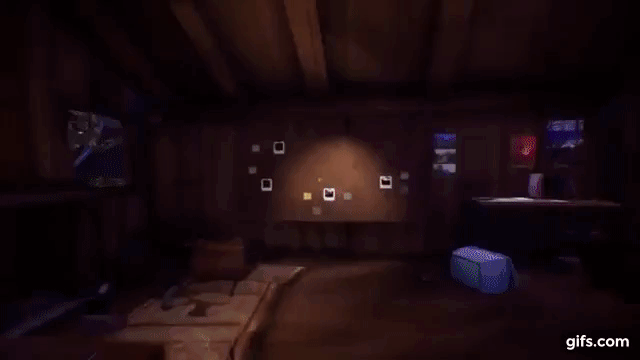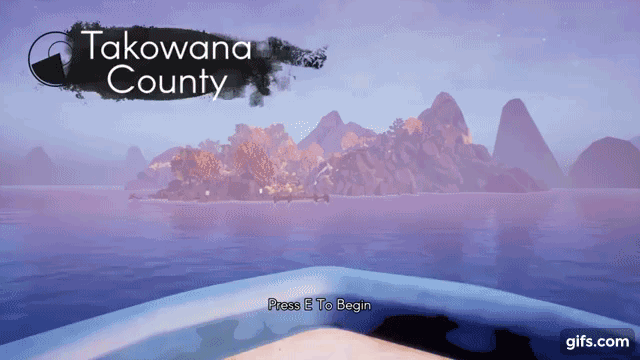

User interface is an integral part of game design. For me, menus have always been a specialty of mine. A menu in a game should be a taste of the world the game is set in. It is a means of the player transitioning from their daily life to the game’s world. It is the first thing the player sees and must make a strong impact on the experience, reflecting the products core values. This entire article is about how important it is for developers to innovate and focus on the important aspects of game design when creating their menus.
March 20, 2019

There is often a large emphasis on immersion and how we as developers can do better to really make the player forget that they are sitting on a couch looking at a tv and interacting with your product. One of the best ways games pull the player into their world is having the game be in 3D because it is easier for a player to really be immersed. Not only is it vital for level designers to make the most out of the 3D space but also for the UI designer to utilize that extra dimension.
Having a game take place in 3D creates a challenge for UI. As soon as you bring up a 2D menu in the middle of gameplay the player is completely taken out of the experience. It is a slap in the face just when the player was getting comfortable in that
world. Adding a 3rd dimensions allows for so much more creativity and innovation with how information can be displayed. In addition for making the information more diegetic it really does bring a wow factor into the entire experience. You pull up a 2D menu for the player to make choices on and it does nothing but shock them out of the gameplay. You give them a 3D world
to interact with and it becomes another interesting aspect to the game rather than a means of connecting two bits of gameplay together.



Theming and the world a game is set in is one of the most important aspects to tap into when designing any part of an experience. Despite the gameplay and technology, it is really what sets a game apart from any other experience. It is unique to the product and thus should be one of the primary focuses when designing a menu for a game. Instead of copy and pasting the same generic layout and design, menus should be tailored for the experience the game is trying to convey.
When I worked on Outlier I was responsible for creating all of the UI from research to polish. For the main menu I needed to really make an impact to bring the player into the world we worked so hard to create. Outlier’s main menu utilizes the

3D space moving through it as the player navigates different screens. It serves as a sneak peak to the main mechanic, render to texture, so that the user gets used to what is to come. Additionally it acts as a place to show off the art, sound, graphics, and tech of the game and all my teammates hard work. Outlier’s menu focuses on the power theme so present in the gameplay and work. The motif of stacked tv daunts the player making them feel small and watched. It leaves a powerful impression and intro to the rest of the product.





and flowing correctly, the journal was created. It is all about utilizing the tools you have and creating something specific to the game you are working on.
important to keep the player engaged and in the game so I created the journal used in both the main menu and in game. The deduction board was already a highlight of the game being a 3D menu and to keep things cohesive,
Working on Takowana County was a great experience in coming into an existing game and improving upon it. I was the UI/UX developer for this project so I was incharge of analyzing what the game was really about and making everything feel cohesive, building off each other. I utilized the game’s 3rd dimension, setting, and theme of exploration to create the diegetic UI you see in the final product. There were a lot of 2D menus that did not flow well with the exploration and immersion of the game. It was

A designers job is to not only tailor an experience for a player but really push the boundaries on combining creativity and technology in a useful way,. As developers, we have so much technology and art to utilize and we really need to always utilize all the resources we have. Designers are artists and it is important that we create a unique and customized experience in every one of our designs. Don't copy and paste menus just because they are functional. Tailor your designs to the product you are creating. Make it unique. Have it push the product further and not just be a means for interaction.
"Don't worry about failure; you only have to be right once"
-Drew Houston, Dropbox co-founder & CEO






